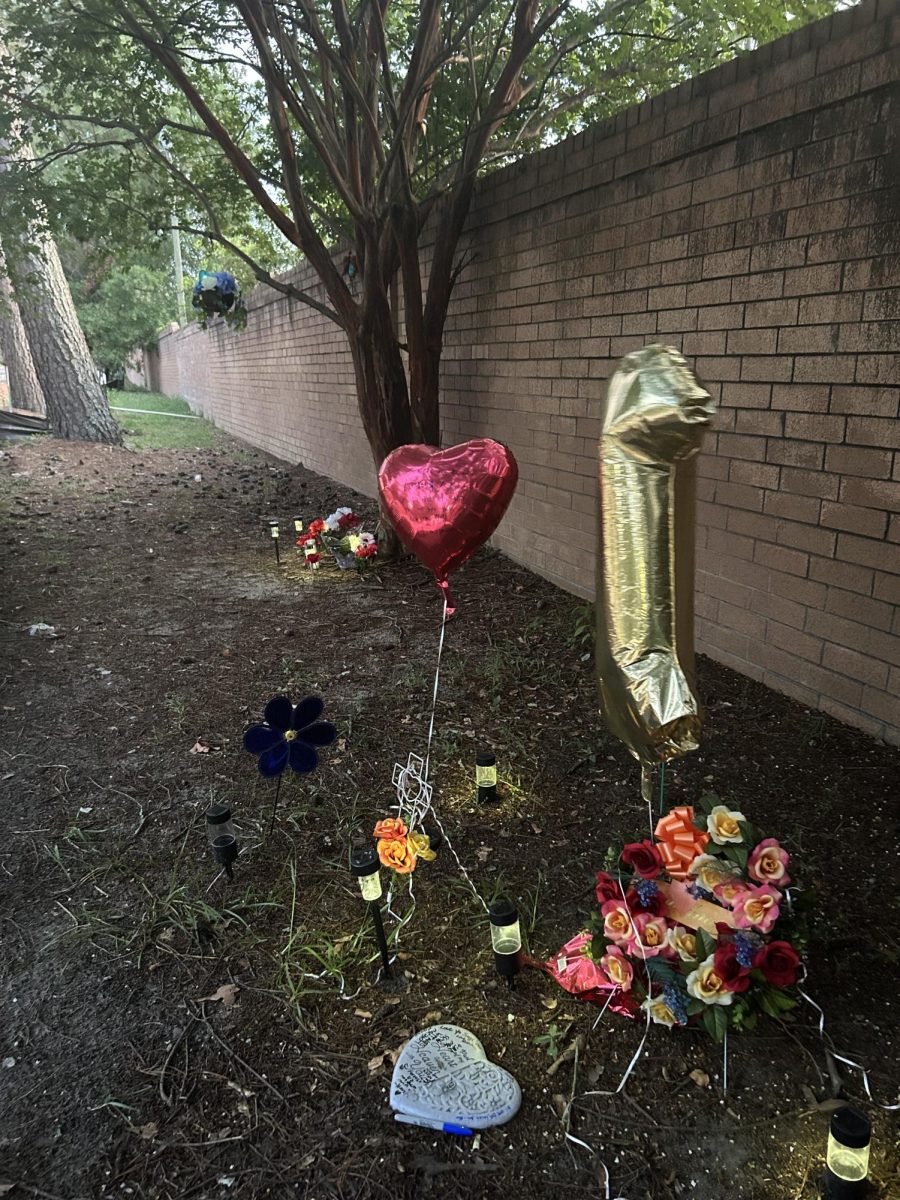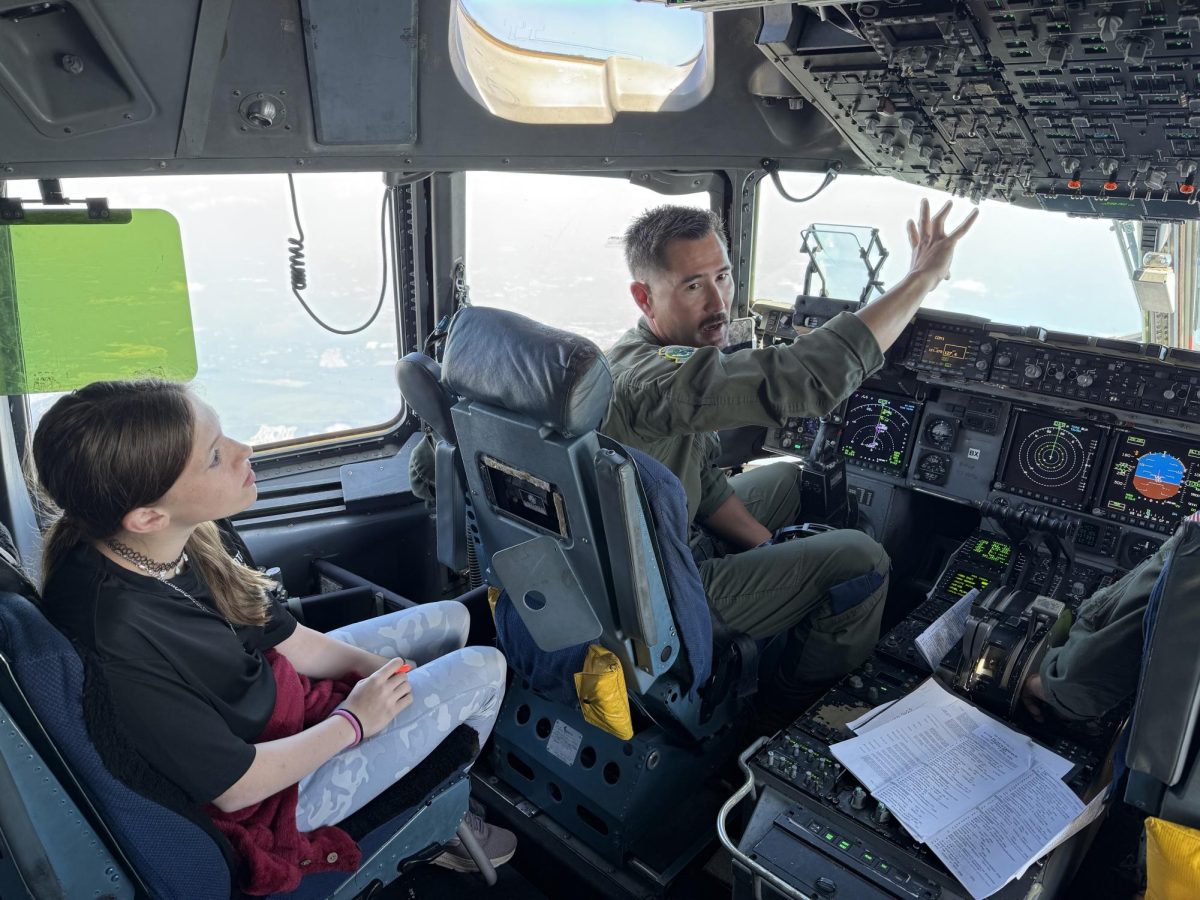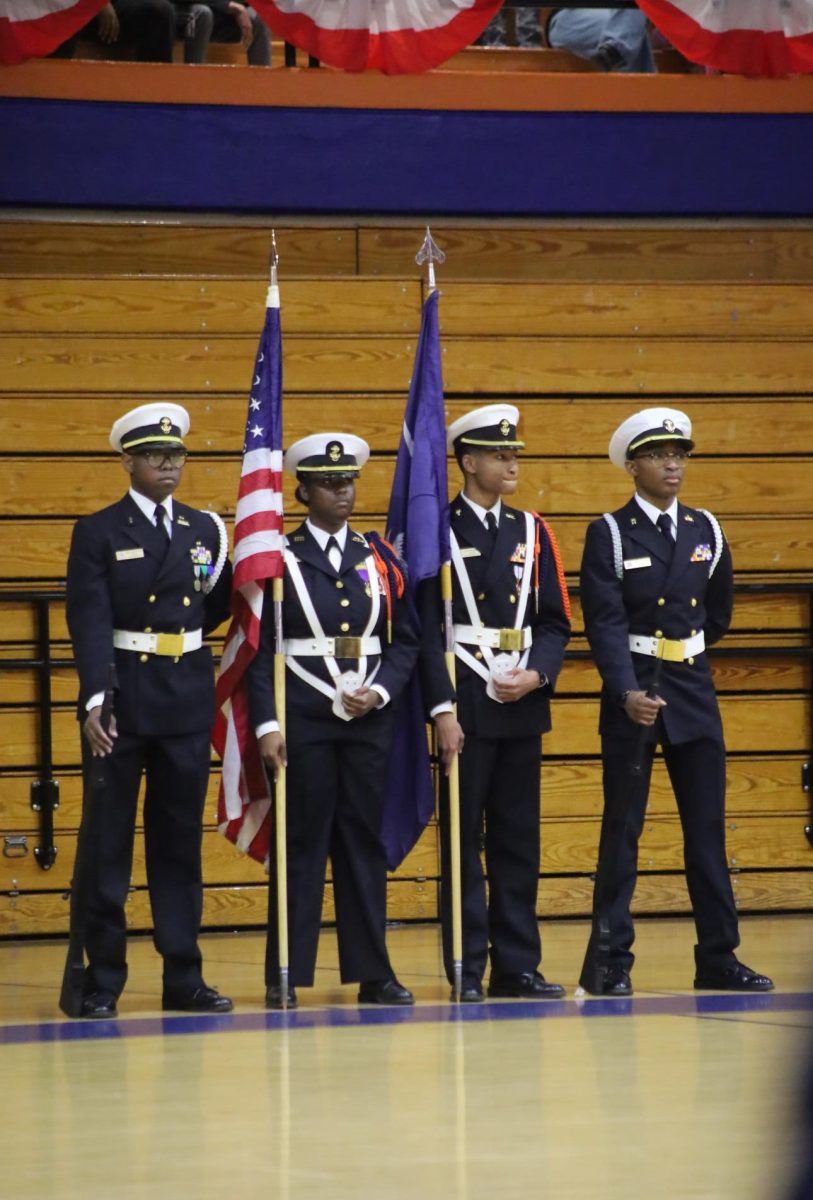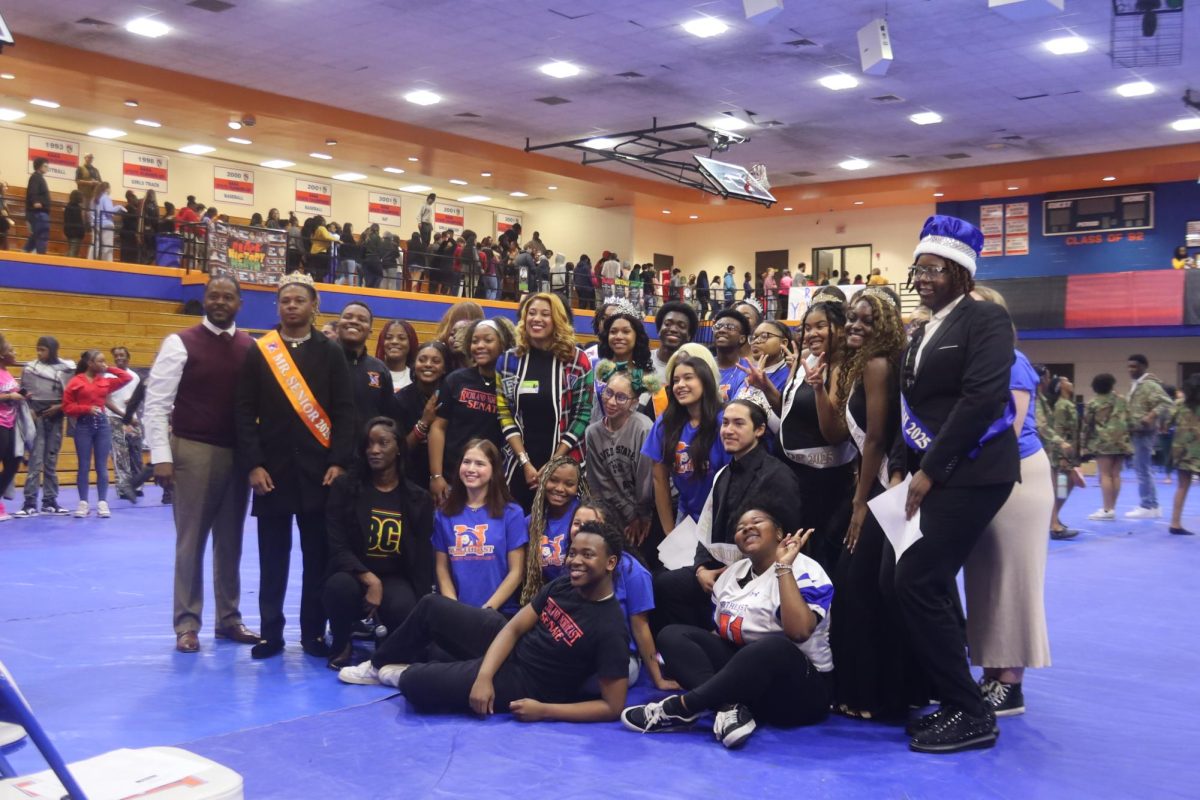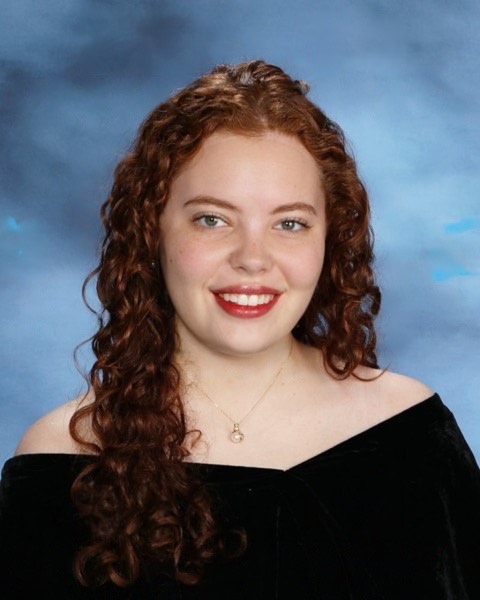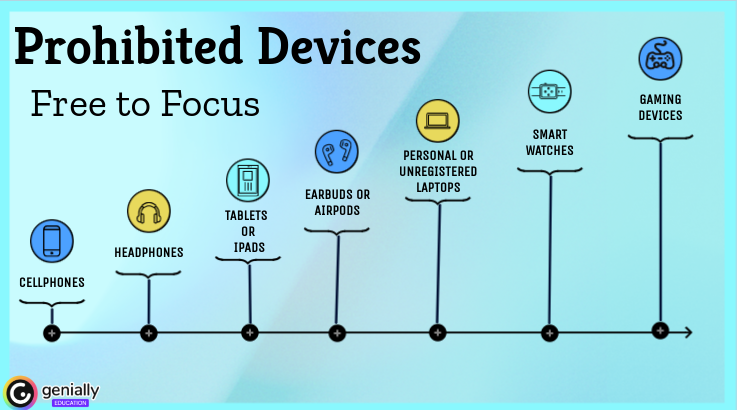
With the start of the second semester, Richland Two began enforcing the ‘Free to Focus’ policy, a ban on personal electronic devices in the classroom passed by the South Carolina Board of Education in Sept. 2024. The restriction goes ‘bell to bell’, or from the beginning to the end of school hours. This includes lunch and transitional periods, as well as Early Bird.
The ban consists of cellphones, tablets, earphones, smartwatches, and any other electronic devices not issued by the school. Under the new policy, no exceptions are allowed barring a medical circumstance. Consequences for violations
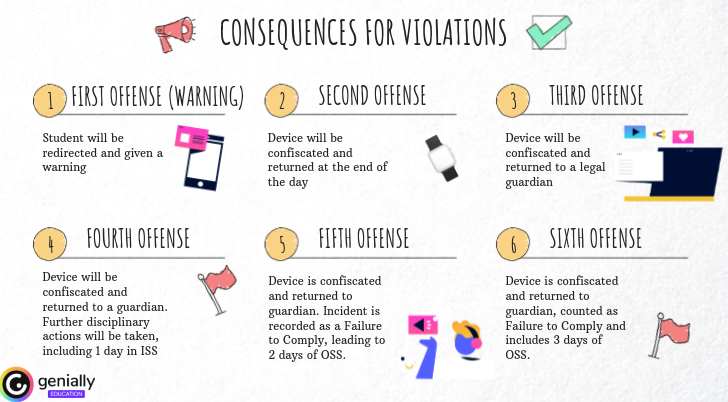
include a verbal warning, confiscation, and eventual recommendation for expulsion.
The state-wide ban is not unprecedented. As of Dec. 13, eight states have issued a ban or restriction on cellular devices in the classroom. 21 states have introduced guidelines or legislation. Cellphones have been found to have a negative correlation with test scores, and a ban can be tentatively linked with improvements in academic performance.
However, the new policy is not without controversy. At RNE, several students have raised concerns.
“I don’t think schools should be able to restrict phone usage in an emergency. Especially because school shootings are such a big fear for a lot of students,” junior Kamiya Wilson said. “The policy also might be hard to enforce, and become a burden for teachers.”
In an interview with “RNE TV Live,” Assistant Principal Sidney Johnson addressed the issues brought up by the students.
“Fortunately we’re in a district where we have telephones in every classroom… if there’s an emergency and they need to call home, they’re able to do that. They still have their Chromebooks that can send emails to their parents as well.”
Throughout the school, many teachers and students relied on personal devices both in and out of the classroom. If a student’s Chromebook was malfunctioning or having connectivity issues, then they would use their personal device instead. Sports teams and other afterschool programs often used cellphones to communicate during the school day.
“The athletic director is working with those coaches to utilize the system and send emails, and other ways to contact athletes during the school day. But it’s going to be a work in progress,” Johnson said in an assembly meeting to discuss the ban.
Social Studies teacher Courtney Giffin spoke on her plans to adapt her classroom to the new policy.
“Sometimes, students had to watch videos on their cellphones. Now that they can’t bring in personal devices, that’s not an option. I’m looking into getting a class set of headphones.”
When asked about enforcing the policy, Giffin said that she “hasn’t had any issues this far.”
“I can see that if I have to confiscate a device, I might have some pushback. But the administration has been supportive. They’ll back me up.”
The ban will be heavily enforced by teachers and members of administration.
“It will be a change, but we have what it takes to be able to adjust,” Johnson said.



